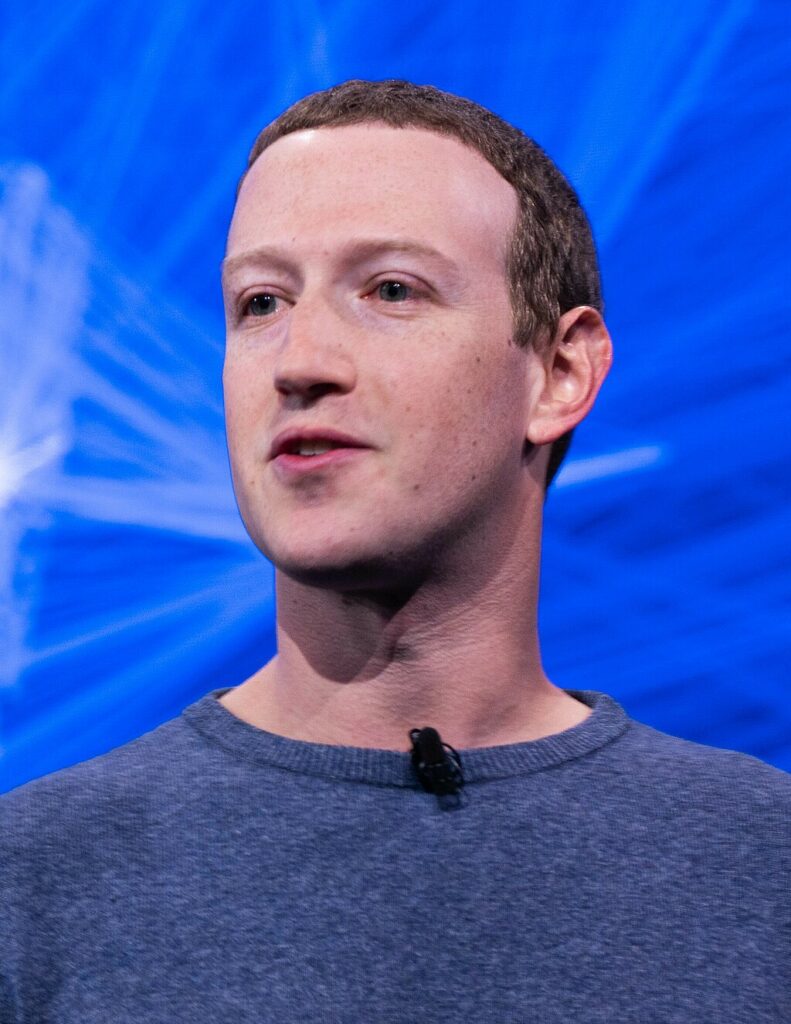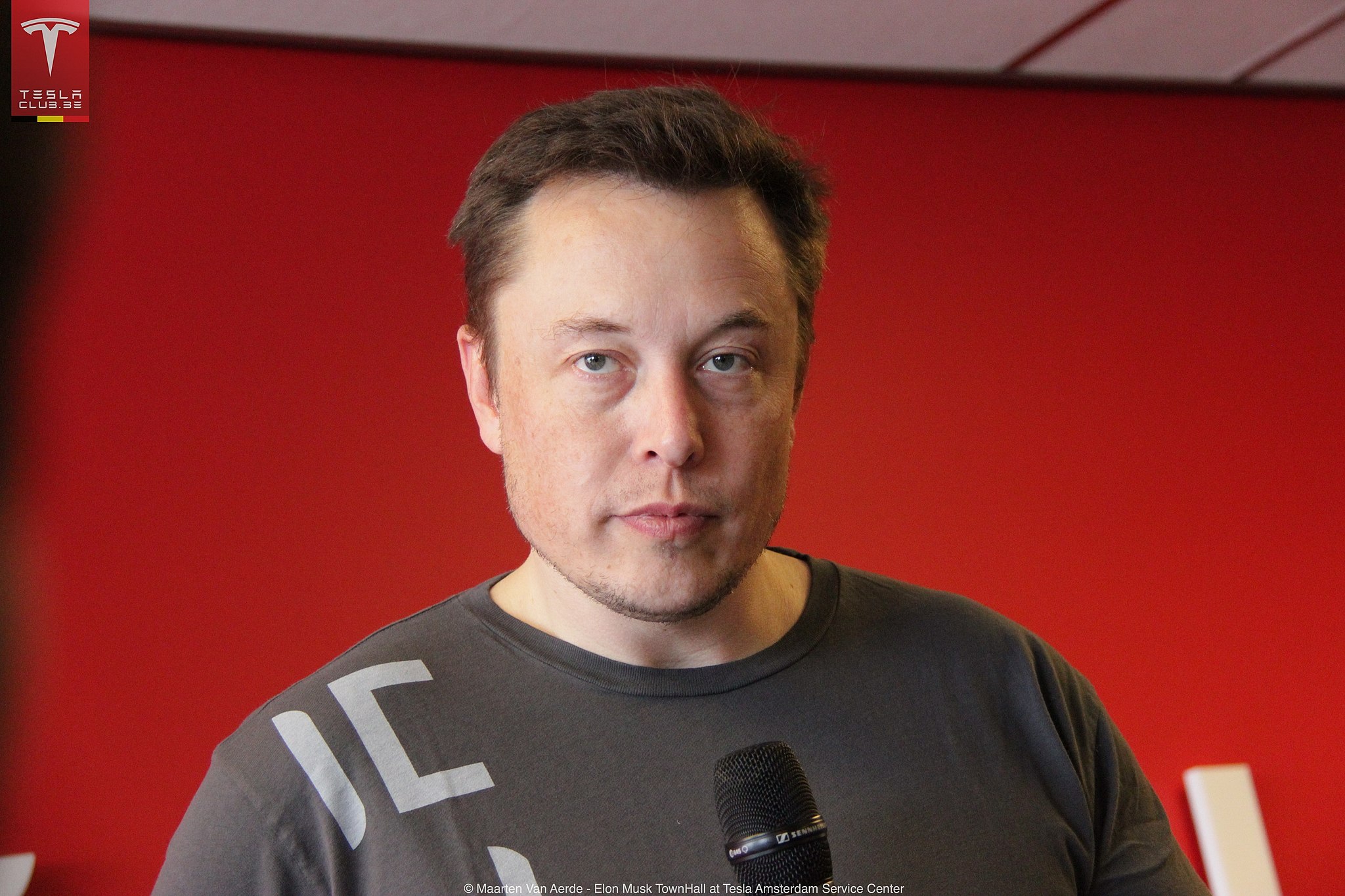[Editorial note: as an indication of the chaos, uncertainty and unpredicatabiility that will characterise the Trump presidency, we are republishing here an article on the split in the Trump camp on the specific issue of migration policy. This looming split is only one of many that will engulf the Trump presidency in the coming years].
By Thomas Gift, republished from The Conversation website
The angry debate over US visas and foreign workers that erupted over the holidays has exposed splits within Donald Trump’s Maga supporters on immigration policy. The fiery words exchanged between two Trump factions over H-1B visas, which allow immigrants to work in the US based on speciality talents or skills, may just be the opening salvos of a broader war for influence at Trump’s base in Mar-a-Lago.
On the one hand, tech mogul, immigrant, and Trump’s (for now) right-hand man Elon Musk declared his strong support for easing restrictions on these visas, pledging that he’d be willing “go to war on this issue the likes of which you cannot possibly comprehend”. On the other hand, former Trump adviser Steve Bannon pilloried the H-1B visa programme as “a total and complete scam from its top to the bottom”.
The controversy isn’t just an ideological clash between right-wing nativists, who view immigrants as threats to US jobs and culture, and big tech titans eager to expand their access to global talent. Instead, it’s a fight for power over the future direction of Trumpism. “The coalition of the tech right and the nationalist right was bound to be tested,” said writer Ali Breland. The test, it seems, has come even before Trump’s inauguration on January 20.
Maga splits
Just like Democrats are dealing with their own fissures between progressives and moderates following the 2024 election, Maga is trying to settle its civil war over Trump’s signature issue, immigration.
Silicon Valley, as represented by Musk, has made its position clear. It wants to increase the number of skilled-worker visas to bring more tech talent to America’s shores. The policy isn’t new. In 2012, former Republican presidential candidate Mitt Romney promised to “staple a green card to the diploma of someone who gets an advanced degree in America”.
Splits over skilled worker visas.
Yet the very fact that expanding H-1Bs is the “establishment” stance is what has other Maga-ites steaming. Romney isn’t exactly the posterboy for the Trumpist revolution. Moreover, in his first administration, Trump himself pushed for restricting H-1B visas, a position he now seems to have revised.

In 2016, Trump railed against H-1B workers who he claimed “substitut[ed] for American workers at lower pay”. He has now said: “We need smart people coming into our country. We need a lot of people coming in. We’re going to have jobs like we’ve never had before.”
That Trump’s recent statements sound a lot like they were coming from Musk is sparking worries among Trump nationalists that Maga’s immigration policy is being redefined. For those who believe Musk is influence-peddling for what’s best for his corporate bottom line, his proposal on immigration is exhibit A.
The increasing marginalisation of “America first” nativists, and the elevation of Musk, suggests a departure from policies championed during Trump’s first term. Whether that shift extends beyond immigration is worrying plenty of figures accustomed to wielding power in Trump’s base in Mar-a-Lago.
For the hard right, the concern goes beyond Musk, who’s hunkered himself down in a US$2,000 (£1,622) per night room at Trump’s Florida estate. Meta’s Mark Zuckerberg and Apple’s Tim Cook have both visited Trump since November’s election, and are jockeying for position as Trump builds out his cabinet and priorities for this first 100 days in office.
Meta is even changing personnel to align with the new Trump White House. The company recently announced that it would be replacing its head of global policy, Nick Clegg, former deputy prime minister of the UK and former leader of the left-leaning Liberal Democratic party, with Joel Kaplan, who has his roots in the George W. Bush administration.
Tech titans v nationalists
Silicon Valley and Trump anti-immigration nationalists were never natural allies, and any short-lived coalition was already shows signs of fracturing. Yet it’s not inevitable that Musk and the big tech leaders who currently have Trump’s ear, will retain that clout once his presidency starts – or ends.
As many experts have noted, Trump is more transactional than ideological, and is prone to making decisions based more on polls than a firmly grounded set of first principles. The much-discussed “bromance” between Trump and Musk could rupture over personality or policy differences.
On immigration, Trump might seek a compromise between Maga nationalists and big tech chief executives. Reviving the US-Mexico border wall could appease Maga nationalists who want tighter immigration enforcement. At the same time, expanding immigration pathways for foreign workers with degrees from the likes of California Institute of Technology and MIT could also help court big tech leaders.
The real flashpoint, however, may arise over Trump’s broader, populist approach to resisting hyper-globalisation, of which immigration is merely one part of a larger agenda.
Many within the Maga nationalist right are deeply sceptical of unbridled global capitalism, which is most clearly reflected in Trump’s calls for imposing 10-20% tariffs on US imports and 60% tariffs on imports from China. If there’s one policy that could reduce profits, and hence awake the sleeping giants of Palo Alto, it’s walling off the US economy from the rest of the world.
Keeping visa numbers at status quo levels is one thing. Upsetting international supply chains, particularly to Asia, is another.
The debate over H-1B visas, significant as it may now seem, could ultimately pale in comparison to a broader reckoning about whether the US will retreat further into economic protectionism. If Musk will “go to war” over skilled-worker visas, just think what the big tech titans will do when the stakes are even higher.
This article is republished (with most hyperlinks removed) from The Conversation and the orginal article can be read here. Thomas Gift is Associate Professor and Director of the Centre on US Politics, UCL, London
Feature picture of Elon Musk is from Wikimedia Commons, here.



